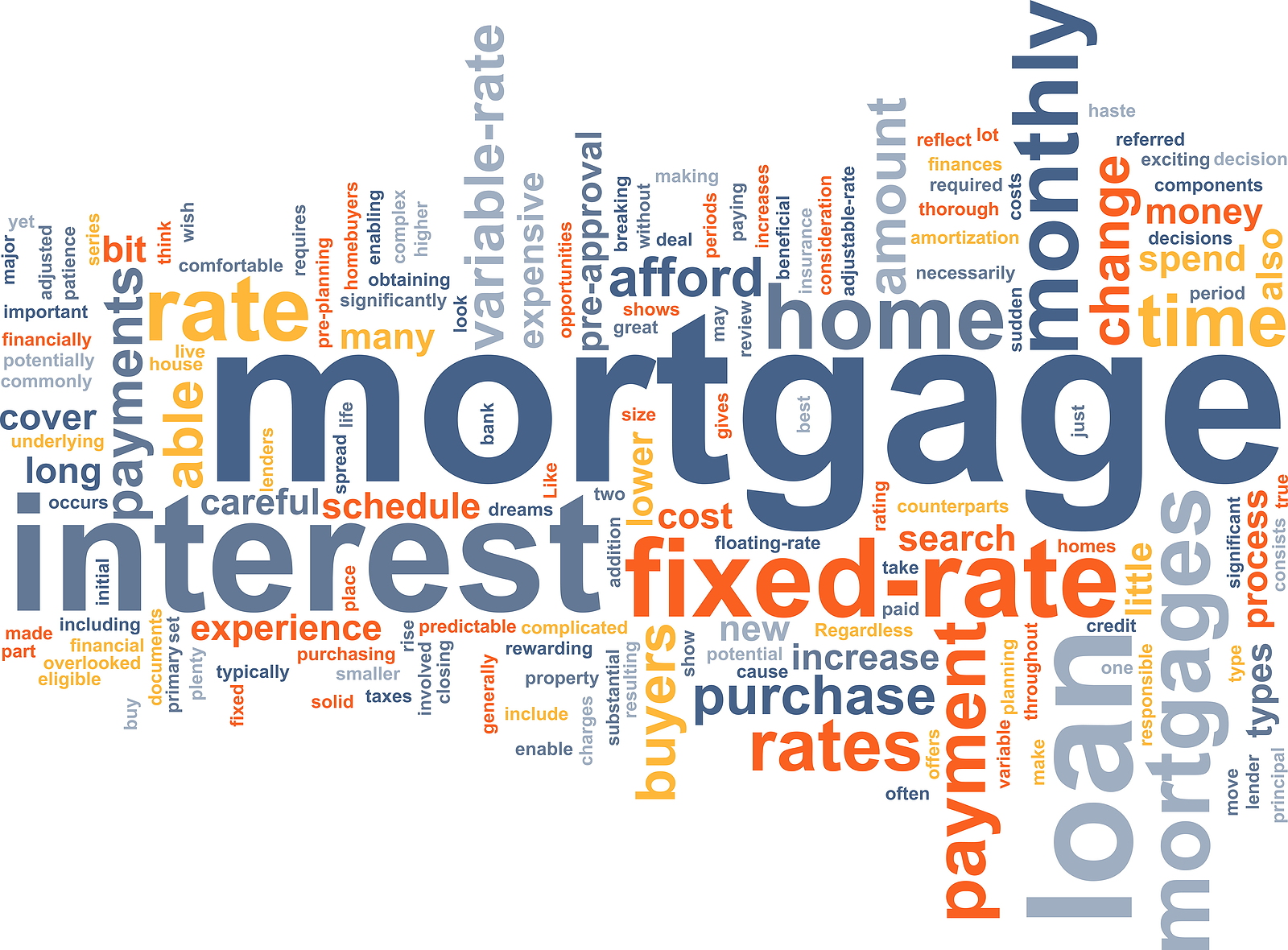The real estate market is a dynamic and ever-changing landscape influenced by various factors. One crucial element that has a profound impact on this market is interest rates. Whether you’re a first-time homebuyer, a seasoned investor, or someone simply curious about the real estate market, understanding how interest rates affect it is essential.
Interest Rates 101
Before delving into the relationship between interest rates and real estate, let’s have a quick primer on interest rates. Interest rates are the cost of borrowing money, and they are set by central banks. When interest rates are low, borrowing becomes more affordable, stimulating economic activity. Conversely, high interest rates can cool down economic growth.

The Dance of Supply and Demand
Low-Interest Rates: A Boon for Buyers
When interest rates are low, it’s often a golden opportunity for potential homebuyers. Low interest rates translate into lower mortgage payments, making homeownership more affordable. This results in an increased demand for homes, creating a seller’s market. As more buyers enter the market, home prices tend to rise, benefiting sellers and contributing to a robust real estate environment.
High-Interest Rates: A Buyer’s Dilemma
Conversely, when interest rates rise, the cost of borrowing increases, and the demand for homes tends to decrease. Higher interest rates mean higher monthly mortgage payments, which can deter potential buyers. As demand decreases, sellers may find themselves in a buyer’s market, where prices may stabilize or even decline.
Investment Strategies in a Changing Interest Rate Environment
Low-Interest Rate Environment
In New Jersey’s low-interest-rate environment, real estate investors often adopt different strategies. One common approach is leveraging low-interest-rate loans to finance property acquisitions. The lower the interest rates, the higher the potential return on investment. However, investors need to be cautious and factor in the possibility of rising interest rates in the future.

High-Interest Rate Environment
When interest rates are on the rise, investors may need to adjust their strategies. Higher interest rates can lead to increased financing costs, potentially squeezing profit margins. Investors may opt for shorter-term financing options or explore alternative investment opportunities outside of traditional real estate.
The Ripple Effect on the Economy
Interest rates don’t just impact individual buyers and sellers; they have a ripple effect on the broader New Jersey economy. Changes in interest rates can influence consumer spending, job creation, and overall economic growth. For example, a slowdown in the New Jersey real estate market due to high interest rates can lead to reduced construction activity and fewer jobs in related industries.

Navigating Uncertainty
The New Jersey real estate market is inherently cyclical, and interest rates contribute to these cycles. As an expert real estate agent navigating the market, it’s crucial to stay informed about current interest rates and economic trends in New Jersey. Monitoring interest rate forecasts and consulting with financial professionals can help you make informed decisions, whether you’re assisting buyers, sellers, or investors in New Jersey real estate.
Adapting to Market Trends
In a diverse state like New Jersey, different regions may experience varying impacts based on interest rates. Coastal areas, suburban neighborhoods, and urban centers may respond differently to shifts in interest rates. Staying attuned to regional nuances and adapting your real estate strategies accordingly can make a significant difference in your success as a real estate professional in the state.
Leveraging Technology in Real Estate
In the modern era, technology plays a pivotal role in the real estate industry. Utilizing advanced tools for market analysis, digital marketing, and virtual tours can enhance your ability to showcase properties and attract potential buyers. Additionally, staying connected through online platforms and social media can help you reach a broader audience and stay ahead of market trends influenced by interest rates.
The Importance of Networking

Being an expert real estate agent in New Jersey with over 21 years of experience, your network is likely extensive. Networking remains a cornerstone of success in the real estate industry. Attend industry events, collaborate with fellow professionals, and build strong relationships with mortgage brokers, appraisers, and other key players. This network can provide valuable insights into market dynamics and help you navigate the ever-changing landscape influenced by interest rates.
Engaging with Clients
Educating your clients about the impact of interest rates on the real estate market is crucial for building trust and facilitating informed decision-making. Create informative resources, conduct seminars, or provide personalized consultations to help buyers and sellers understand how interest rates may affect their transactions. This proactive approach positions you as a knowledgeable and trusted real estate advisor in New Jersey.
Embracing Sustainable Practices
New Jersey has seen a growing interest in sustainable and eco-friendly real estate practices. With interest rates affecting property values and market dynamics, incorporating sustainable elements into your real estate strategies can appeal to environmentally conscious buyers. Stay informed about green building trends, energy-efficient technologies, and eco-friendly initiatives in the New Jersey real estate market.
In the intricate dance of the New Jersey real estate market, interest rates play a leading role. Whether you’re a buyer, seller, or investor in the Garden State, understanding how interest rates impact the market is vital for making informed decisions. Keep an eye on the economic landscape, stay informed about interest rate trends specific to New Jersey, and be ready to adapt your strategies as the real estate market in the state continues to evolve. As a seasoned real estate professional, your expertise and ability to navigate these complexities will continue to be a valuable asset in serving the diverse needs of your clients throughout New Jersey.


